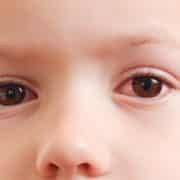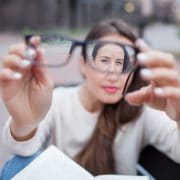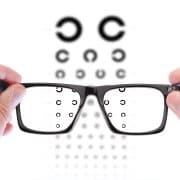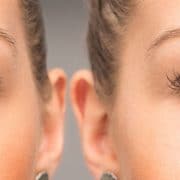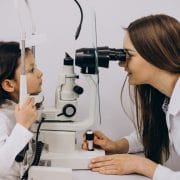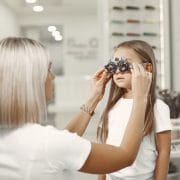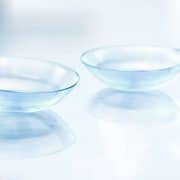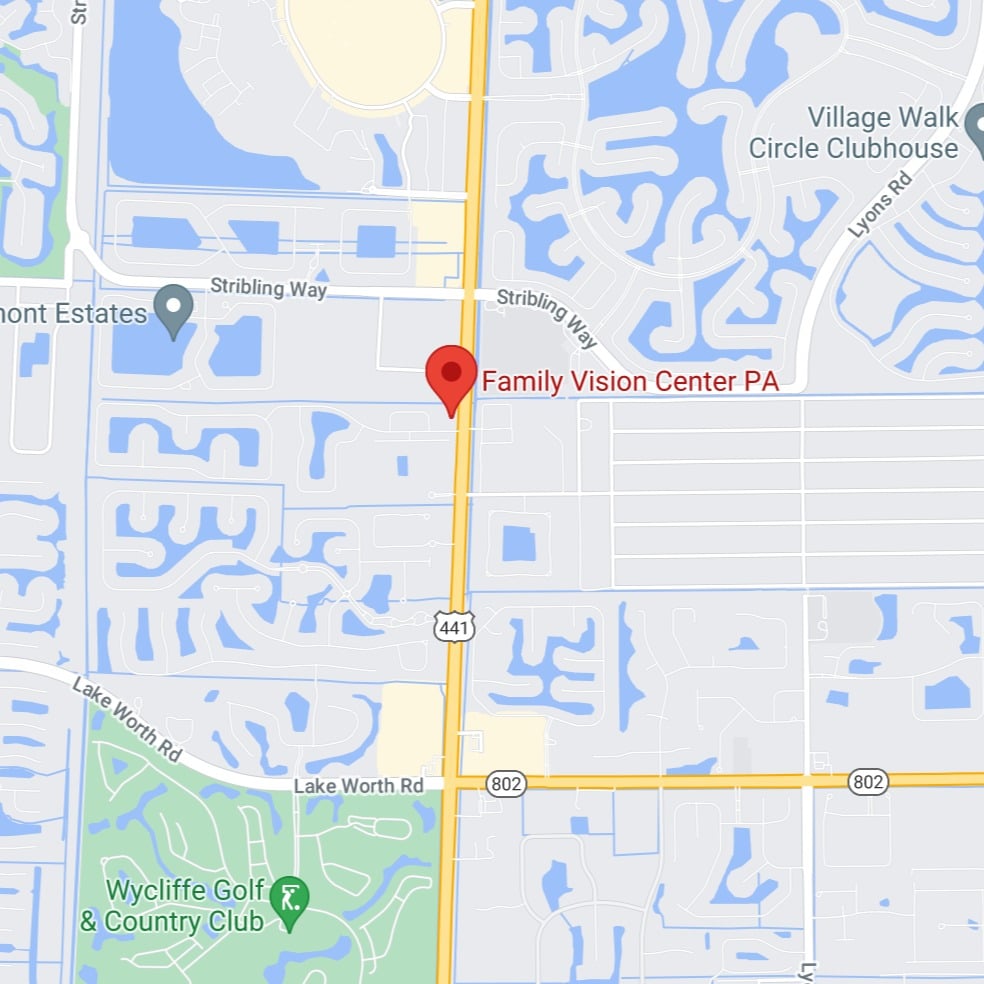How an Eye Doctor Can Help You Treat Dizziness
Whether it happens infrequently or it’s just recently started occurring more often, dizziness can be common for many people. In some cases, it may be due to a lack of hydration or general nutritional deficiencies. For others, it’s a lack of sleep or general stress. However, there are also some people who experiencedizziness in Wellington, FL, due to their vision. We’ll look at why this is and how an eye doctor can help you treat it.
What Causes Dizziness?
Binocular vision dysfunction (BVD) is often the most common cause of dizziness. It occurs when both eyes can’t see their surroundings as a single image. Sometimes called cross-eyes or lazy-eyes, there isn’t one definition for this umbrella disorder. If the eyes can’t work together as a pair, it can cause you to feel anything from nausea to vertigo. You may also start to feel dizzy if you’re constantly focusing your eyes on objects right in front of you, whether they’re books or computer screens.
How an Eye Doctor in Wellington, FL, Can Help
Aneye doctor in Wellington can recommend treatment based on what’s causing the dizziness. This may include updating your prescription, getting special glasses for screen time, or prescribing a prismatic lens to correct any alignment issues. When you speak to the optometrist, ensure that you’re giving them the full story about how often you have dizzy spells, when you first noticed them, and whether there were any common threads between them all.
At Family Vision Center PA, our staff is ready to help you learn more about what could be causing your dizziness and how to reduce the frequency. Contact us today to schedule an appointment. Even if it doesn’t seem like the problems are related to your vision, the doctor may find it’s more connected than you realize.


